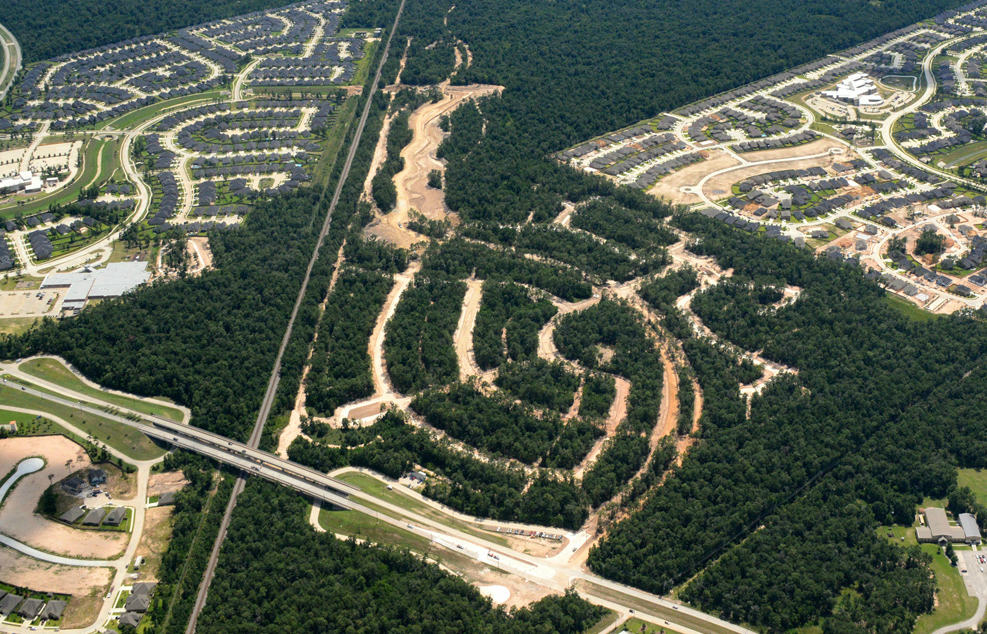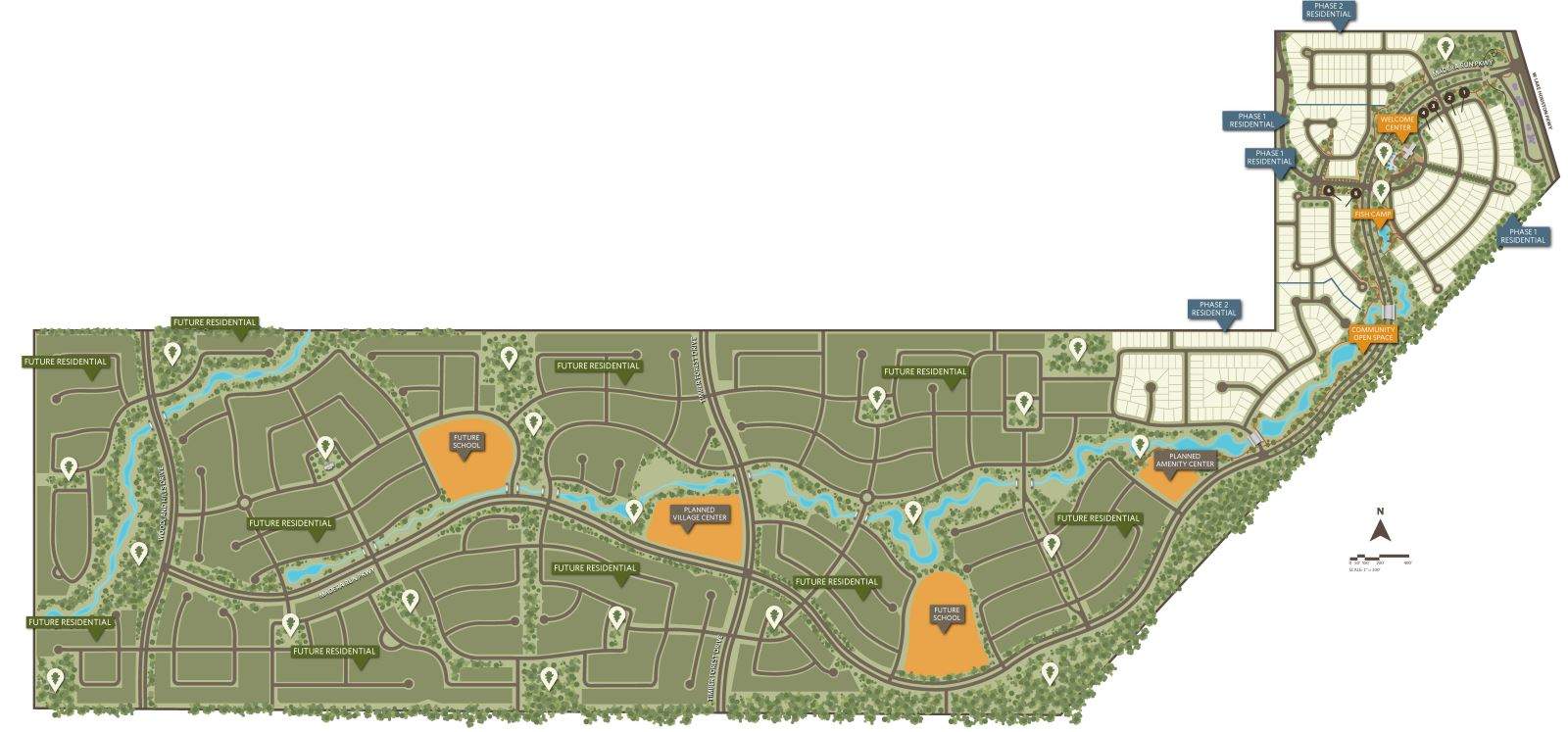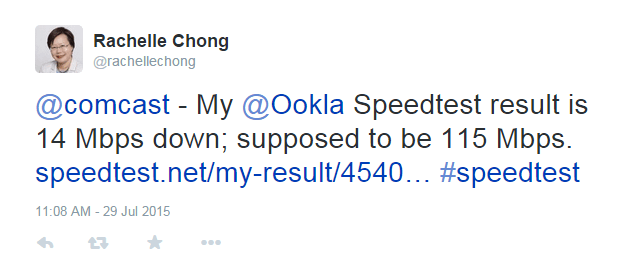
Phillip “A Shakeup in Comcastland” Dampier
Morale at MSNBC is reported to be very low this week as Comcast/NBC imposes some major programming changes that don’t seem to make much sense.
The cancellation of The Ed Show, hosted by Ed Schultz, has proved to be the most controversial, sparking a protest from a presidential candidate and new questions about how much influence Comcast brings to bear on how the news is reported.
Although never a ratings king, Schultz’s pro-labor, very anti-TPP (Trans-Pacific Partnership — the latest controversial trade agreement) views, along with his harangues against executive pay and wealth inequality run contrary to the business agenda of parent company Comcast. While many other MSNBC meh-rated shows survived the culling, Schultz is out, along with The Cycle and Now with Alex Wagner.
Democratic presidential contender Bernie Sanders is not happy:
We live in a time when much of the corporate media regards politics as a baseball game or a soap opera. Ed Schultz has treated the American people with respect by focusing on the most important issues impacting their lives. He has talked about income and wealth inequality, high unemployment, low wages, our disastrous trade politics and racism in America.
I am very disappointed that Comcast chose to remove Ed Schultz from its lineup. We need more people who talk about the real issues facing our country, not fewer.
At a time when a handful of large, multi-national corporations own our major media outlets, I hope they will allow voices to be heard from those who dissent from the corporate agenda.
Not very likely.

Morning Joe: Mika Brzezinski (L), Joe Scarborough (C), Willie Geist (L)
The latest MSNBC remake will leave bottom-rated shows unscathed — like Morning Joe, an always frustrating viewing experience featuring mercurial, long-winded and very thin-skinned Joe Scarborough and Mika Brzezinski, alternating in whiplash fashion between the deferential “don’t set Joe off”-verbally filibustered co-host and the staunch defender of women’s rights and Barack Obama (most notably when Joe is not there.)
Comcast’s best friends make regular appearances as paid “analysts” and “talent.” Consider the irritatingly frequent appearances of irrelevant Harold Ford, Jr., friend of big business and co-chair of the corporate sock puppet group Broadband for America, part funded by Comcast, or the Rev. Al Sharpton, who writes letters in favor of whatever Comcast business deal is before regulators.
If MSNBC did a sober ratings review, allowing Sharpton’s teleprompter-dependent show PoliticsNation, which couldn’t draw flies, to stay on the schedule is inexplicable. Then there is yesterday’s news regular Ed Rendell, former mayor of Philadelphia, former governor of Pennsylvania, former almost everything… but today Comcast’s BFF. While picking up a check serving as a guest political hack on various MSNBC shows, in his spare time he penned letters supporting Comcast’s merger with Time Warner Cable.
 MSNBC Fossil Chris Matthews is still there as well, like a permanent scar. He got his start in 1997 on CNBC and MSNBC obsessing about Bill Clinton’s affair with Monica Lewinsky, remained tolerant if not friendly to the Bush Administration during the “war years,” until he got a “thrill up his leg” for Barack Obama during the 2008 election. He loves politics but knows who butters his bread.
MSNBC Fossil Chris Matthews is still there as well, like a permanent scar. He got his start in 1997 on CNBC and MSNBC obsessing about Bill Clinton’s affair with Monica Lewinsky, remained tolerant if not friendly to the Bush Administration during the “war years,” until he got a “thrill up his leg” for Barack Obama during the 2008 election. He loves politics but knows who butters his bread.
MSNBC’s biggest ratings came from Keith Olbermann, who left the network in a huffy dispute with his boss Phil Griffin. Rumors are circulating wildly this week he’ll be asked back to MSNBC now that his sports gig with ESPN has ended. But Olbermann was also willing to take shots at the corporation that paid him, something not likely to change if he returned to Comcastland. The dealbreaker may turn out to be his nemesis Griffin is still there.
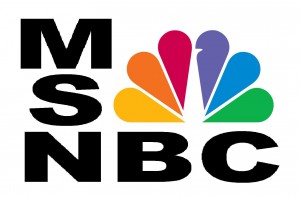 MSNBC brass suggest the changes are to enhance the network’s “straight reporting” during the day and leave outspoken opinion hosts unscathed in the evening. To show that, MSNBC will present viewers the disgraced former host of the NBC Nightly News, Brian Williams (now exiled to doing special reports for cable news) and Chuck Todd, who depends on good relations with politicians to guarantee their accessibility and appearance on the always predictable Sunday morning talking point time-waster Meet the Press.
MSNBC brass suggest the changes are to enhance the network’s “straight reporting” during the day and leave outspoken opinion hosts unscathed in the evening. To show that, MSNBC will present viewers the disgraced former host of the NBC Nightly News, Brian Williams (now exiled to doing special reports for cable news) and Chuck Todd, who depends on good relations with politicians to guarantee their accessibility and appearance on the always predictable Sunday morning talking point time-waster Meet the Press.
In short, MSNBC really means it when they call themselves “The Place for Politics.” Except most Americans are now tired of politics, which does not bode well for improved ratings. But then Comcast doesn’t mind a television food fight between Donald Trump vs. Everyone or disputes over Planned Parenthood or police violence, because that is unlikely to cross into the risky territory of discussing corporate influence on the media or inconvenient stories about media consolidation. You’ll find those stories on PBS from Bill Moyers.
CNBC cheerleads big corporate deals all day long, but when is the last time you heard a skeptical news story about cable mergers and network acquisitions? When is big too big?


 Subscribe
Subscribe It didn’t take long for consumers to start flooding the Federal Communications Commission with thousands of complaints about poor Internet service, usage caps, and speed throttles.
It didn’t take long for consumers to start flooding the Federal Communications Commission with thousands of complaints about poor Internet service, usage caps, and speed throttles. No more Netflix and Hulu watching for this family: “I have to tell my kids to stop using YouTube and other services and stuff they need for school so we don’t go over the cap,” another consumer wrote, explaining that their Internet-enabled home security camera uses up a significant amount of their monthly data. “By Comcast having this data cap, I don’t have a open Internet … I also think this data cap is very inaccurate, it goes up without anybody being home, and sometimes by a lot.”
No more Netflix and Hulu watching for this family: “I have to tell my kids to stop using YouTube and other services and stuff they need for school so we don’t go over the cap,” another consumer wrote, explaining that their Internet-enabled home security camera uses up a significant amount of their monthly data. “By Comcast having this data cap, I don’t have a open Internet … I also think this data cap is very inaccurate, it goes up without anybody being home, and sometimes by a lot.”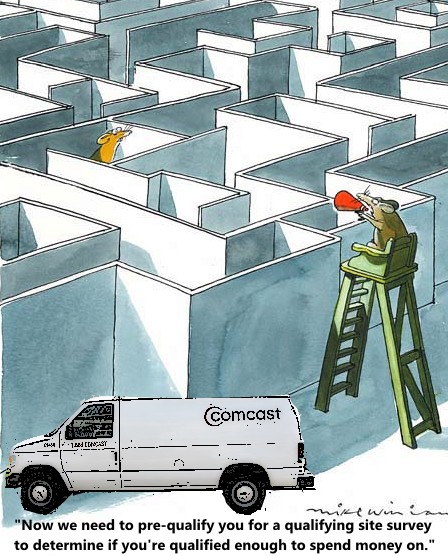 Comcast is rejecting some requests for its new 2Gbps fiber to the home service, claiming construction costs to provide the service to some homes are too high, even for customers living 0.15 of a mile from Comcast’s nearest fiber optic connection point.
Comcast is rejecting some requests for its new 2Gbps fiber to the home service, claiming construction costs to provide the service to some homes are too high, even for customers living 0.15 of a mile from Comcast’s nearest fiber optic connection point.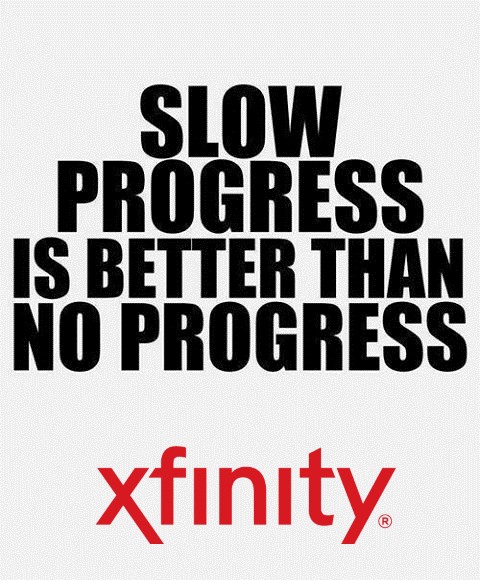 Comcast implies any customer within 1/3rd of a mile of their nearest fiber cable is qualified to get Gigabit Pro service, but Thomas tells us that just isn’t true.
Comcast implies any customer within 1/3rd of a mile of their nearest fiber cable is qualified to get Gigabit Pro service, but Thomas tells us that just isn’t true. After months of issuing
After months of issuing 